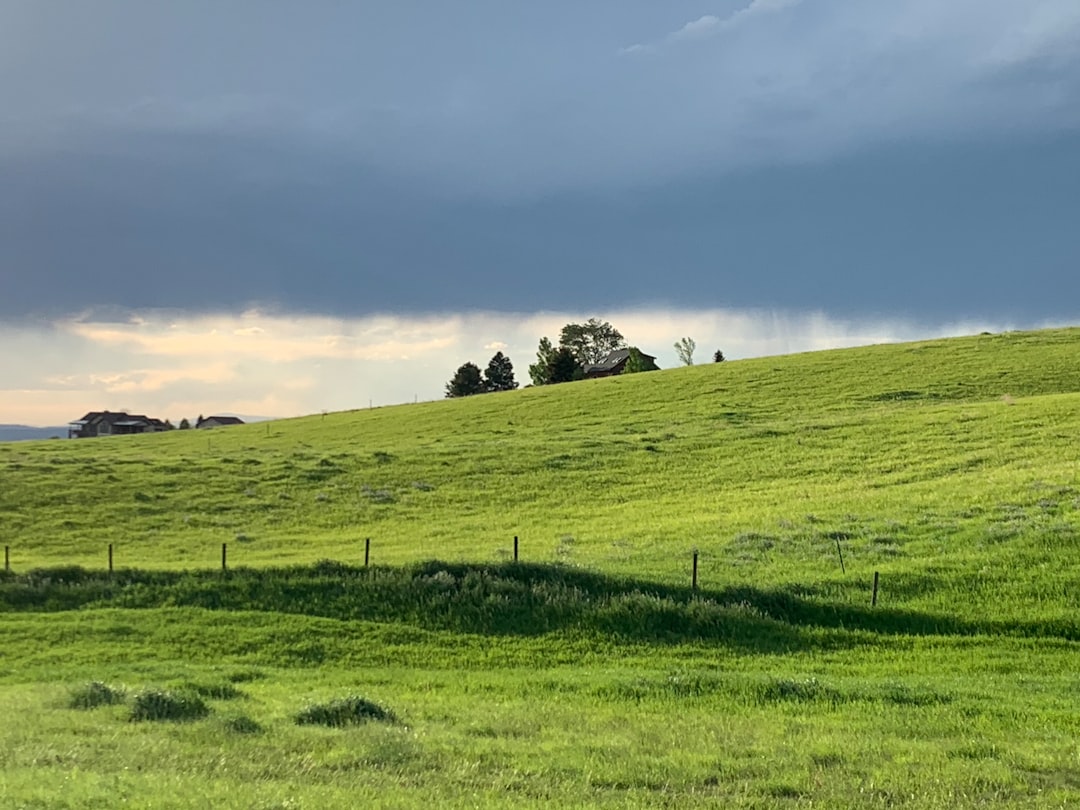Montana's stringent No Call Laws protect residents from unwanted telemarketing calls and spam messages, prioritizing privacy. Key regulations include restrictions on automated dialers, mandatory do-not-call registries, and guidelines for sales calls. Businesses must comply, consulting specialized No Call Lawyers or Spam Call Law Firms in Montana to ensure legal adherence. Billings, as a vibrant hub, has led the state's legal community in advocating for consumer rights against spam calls, resulting in stricter no-call policies. No Call Attorneys assist individuals in enforcing these laws and represent them against violations. As technology advances, Montana continues to evolve its no-call laws with assistance from legal professionals specializing in these regulations.
“Billings, the heart of Montana, has played a pivotal role in shaping the state’s telemarketing laws, particularly through its influence on no-call policies. This article delves into Montana’s regulatory framework, focusing on how Billings lawyers have navigated and interpreted these laws. We explore the historical evolution of legal reform, key provisions of the no-call laws, and their impact on consumer protection. Additionally, we highlight the expertise of Billings’ no-call lawyers in mitigating spam calls and discuss future trends aimed at enhancing Montana’s already robust consumer protections.”
Understanding Montana's Telemarketing Laws: A Comprehensive Overview

Montana’s telemarketing laws are designed to protect consumers from unsolicited phone calls and spam messages, ensuring a peaceful and respectful communication environment. These regulations, collectively known as No Call Laws in Montana, strictly govern how businesses can contact residents regarding their products or services. The primary goal is to empower Montanan citizens by giving them control over their privacy and the ability to opt-out of unwanted marketing calls.
Key aspects of these laws include restrictions on automated dialers, mandatory do-not-call registries, and specific guidelines for sales calls. A ‘No Call Lawyer Montana’ or a ‘Spam Call Law Firm Montana’ is essential for businesses aiming to comply with these regulations, ensuring their marketing strategies adhere to the legal framework. By understanding and respecting No Call Laws Montana, both residents and telemarketers can enjoy a more harmonious and lawful communication landscape.
The Role of Billings in Legal Reform: A Historical Perspective

Billings, as a bustling hub in Montana, has played a pivotal role in shaping the state’s telemarketing laws, especially regarding no-call policies. Historically, the city’s active legal community has been at the forefront of advocating for consumer rights, addressing the growing concern over intrusive spam calls and unwanted solicitations. The rise of no-call lawyer Montana and law firms specializing in spam call law in Montana can be traced back to this period, as residents sought protection from relentless telemarketers.
This movement gained momentum, leading to the implementation of stricter no-call laws in Montana, with Billings serving as a center for legal reform. The efforts of local lawyers and attorneys have resulted in significant changes, ensuring that citizens can enjoy greater privacy and peace from unsolicited calls. Today, No Call Attorney Montana and law firms across the state continue to navigate this evolving landscape, providing guidance to businesses and defending consumers’ rights under Montana’s no-call laws.
Key Provisions of Montana's No-Call Laws and Their Impact

Montana’s No-Call laws, also known as do-not-call lists, are designed to protect residents from unwanted telemarketing calls and spam messages. These laws have several key provisions: first, they require telemarketers to obtain prior written consent before calling a number listed on the no-call list; second, they limit the number of calls made to numbers on this list; and third, they offer residents the ability to register their phone numbers to be added to the state’s do-not-call registry.
The impact of these laws has been significant. Many Montana residents have found their peace of mind restored, knowing that their privacy is protected. No Call Lawyers and Attorneys in Montana play a crucial role in helping individuals enforce these rights, providing legal advice, and representing clients in cases where telemarketers violate the no-call laws. This has led to a decrease in spam calls and a safer, more peaceful environment for all Montanans.
How Billings Lawyers Assist Clients with Spam Calls

In Montana, with its stringent no-call laws designed to protect residents from unwanted telemarketing calls, Billings lawyers play a pivotal role in assisting clients navigate this regulatory landscape. These legal professionals are equipped to help individuals and businesses understand their rights under the state’s anti-spam call regulations. When clients face relentless spam calls, they can turn to No Call Lawyers Montana or No Call Attorneys Montana for expert guidance.
A Spam Call Law Firm Montana specializing in no-call laws can offer several services. They can educate clients on do-not-call registration processes, ensuring their numbers are added to the state’s official list. These lawyers also have the expertise to help businesses comply with telemarketing regulations, thereby avoiding legal pitfalls and fines. By employing their knowledge of No Call Laws Montana, these attorneys empower their clients to take control of their phone lines and enjoy a quieter, more peaceful communication environment.
Future Trends: Enhancing Consumer Protection in Montana

As technology advances and communication methods evolve, Montana’s no-call laws must adapt to protect consumers from unwanted telemarketing calls and messages. Future trends in consumer protection may include enhanced tracking and identification systems for call origins, allowing for more efficient blocking and reporting of nuisance calls. Advanced machine learning algorithms could also be employed to filter out legitimate calls from spam, ensuring that consumers receive only desired interactions.
Additionally, there is a growing need for robust digital privacy protections. A “do not disturb” registry, similar to those already in place for texts, could empower Montanan residents to control their communication preferences. This would enable them to block specific numbers or types of calls, further strengthening the state’s no-call laws and providing individuals with greater control over their personal information. These developments will be crucial in maintaining a harmonious balance between businesses’ marketing efforts and consumers’ right to peace and privacy.






